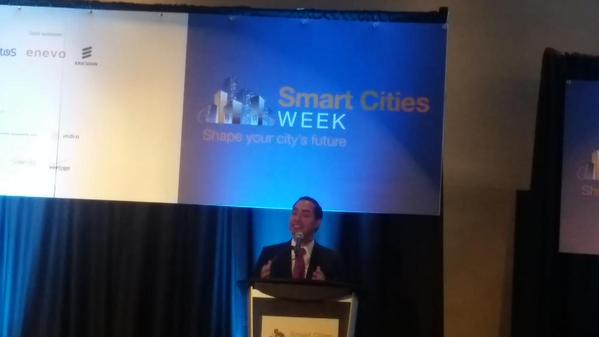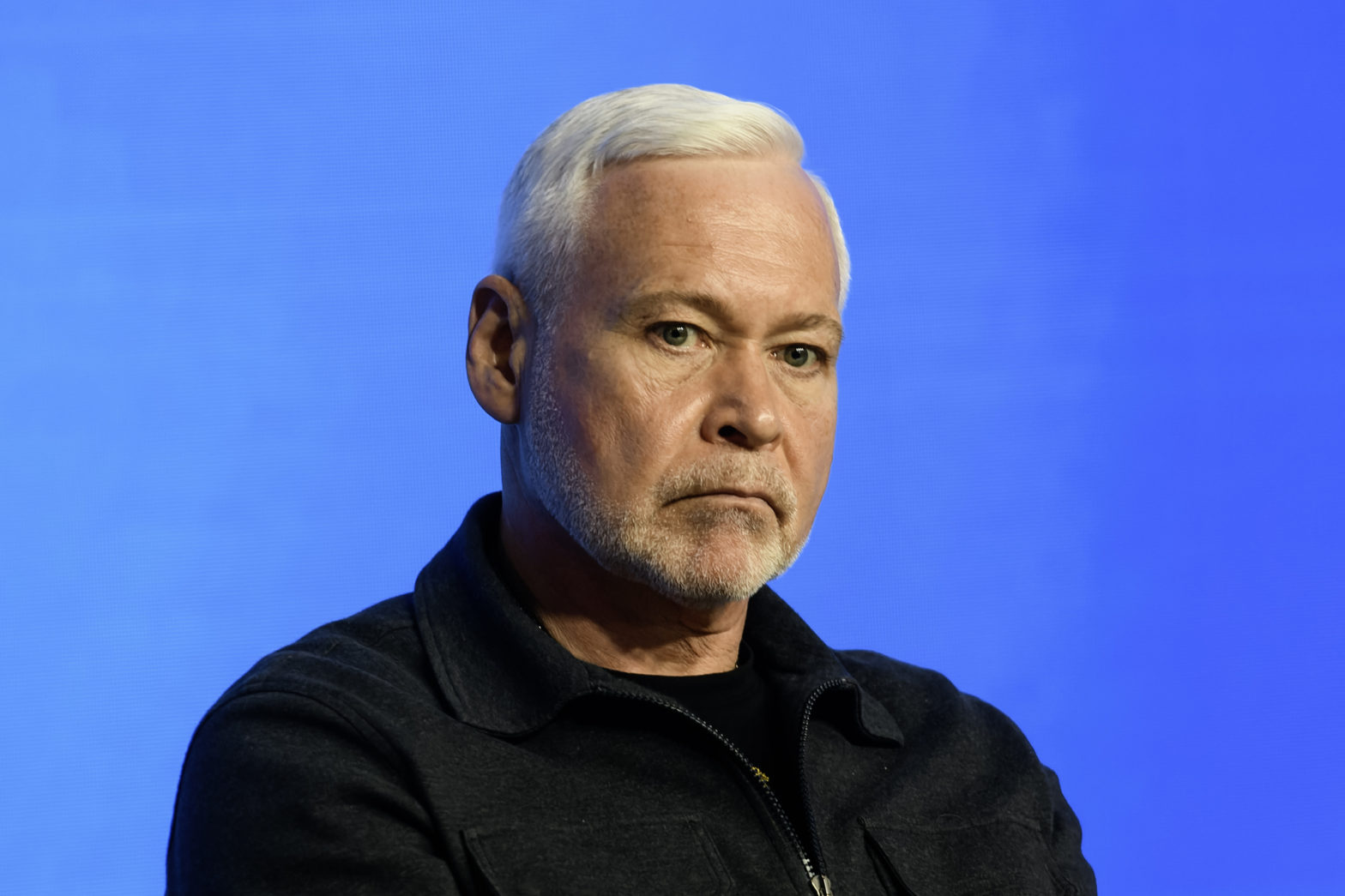
Photo: JulianCastro
The White House unveils new US$160 million Smart Cities Initiative
17 September 2015
by Tom Teodorczuk
The White House is investing US$160 million on smart cities marking an expansive effort to transform livability and technological communications throughout America.
The Smart Cities Initiative will fund research and facilitate 25 major technology collaborations designed to boost city service provision, reduce traffic congestion and increase economic growth.
The comprehensive announcement was made at the inaugural Smart Cities Week in Washington D.C., a conference and expo which sought to showcase ways in which public and private sector companies are deploying smart technologies to build more sustainable and livable cities.
The initiative pledged US$10 million in investments and US$35 million in new grants to build a research infrastructure for Smart Cities by the National Science Foundation (NSF) and the National Institute of Standards and Technology (NIST).
The Obama administration further committed to almost US$70 million in new spending and over US$45 million in proposed investments to unleash innovation and reform in new technologies relating to the environment, transport, safety, energy and health.
Unveiling the initiative, President Obama said: “Every community is different, with different needs and different approaches. But communities that are making the most progress on these issues have some things in common. They don’t look for a single silver bullet; instead they bring together local government and nonprofits and businesses and teachers and parents around a shared goal.”
The Smart Cities Initiative prioritises both the development of the Internet of Things, a connected network of devices, smart sensors, and big data analytics and collaborations between cities and universities and industry.
Among the most eye-catching initiatives are an US$11.5 million grant from the NSF shared between Mozilla.org and US Ignite to create living labs that will span over 40 US cities and communities.
The Array of Things (AoT), the Chicago data sensor project which has become one of the most celebrated smart city initiatives in the U.S, receives a US$3.1 million grant. The University of Chicago will continue to work with the city to collect real-time data and measure climate, noise and air quality through its network of interactive, modular sensor boxes around the city.
Other city projects to receive federal funding are the city of Kansas’s collaboration with its state university to fund research on innovation in integration of distributed power sources such as rooftop solar panels and storage batteries, with the existing electric power grid and Dallas launching the Dallas Innovation Alliance.
New York City will create a series of neighbourhood innovation labs across the five boroughs seeking to accelerate the testing and deployment of new Smart City technologies while San Francisco announced a collaboration to enhance security and its transit system in preparation for the San Francisco 49ers hosting Super Bowl 50 at Levi’s Stadium.
A new SMART Mobility consortium to develop an integrated transport system received US$5 million in new research funding with the Department of Transportation receiving US$40 million to advance transport in smart cities while the Department of Homeland Security (DHS) is investing US$50 million over five years to develop cutting-edge emergency response technologies for cities.
The initiative also announced a flurry of activity for companies with AT&T, Siemens, GE and Microsoft all investing in smart cities technology and Internet of Things applications. IBM will deploy a Smarter Cities Challenge team in Detroit to help transform the city while City Digital, a Chicago-based consortium, will launch two pilots focused on major urban infrastructure challenges.
More than 20 city-university collaborations are launching the MetroLab Network and will be working on more than 60 smart city projects in the next year.
Speaking during Smart Cities Week, Julian Castro the United States Secretary of Housing and Urban Development, re-iterated the government’s commitment to invest in infrastructure reform by developing big data, low-cost sensors and encouraging private sector activity and academic research into smart cities.
He said: ‘Cities are the incubators of bold ideas but a smart city must first be a collaborative one.”








